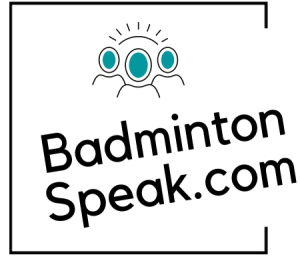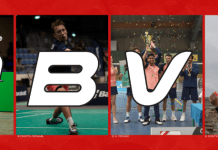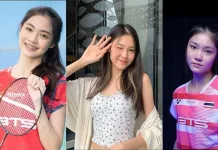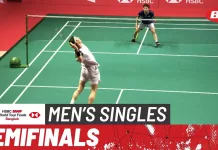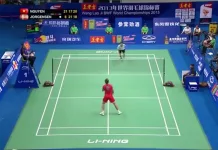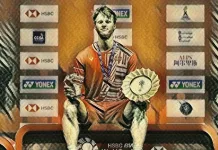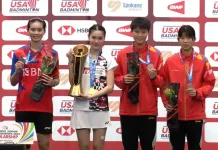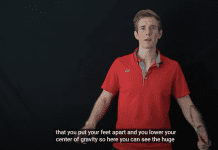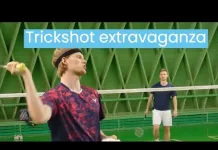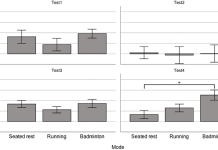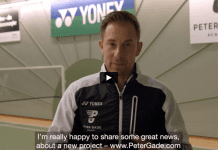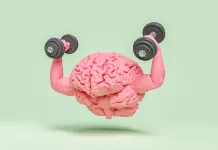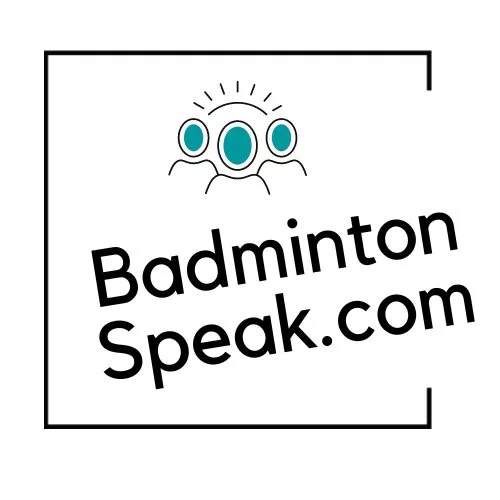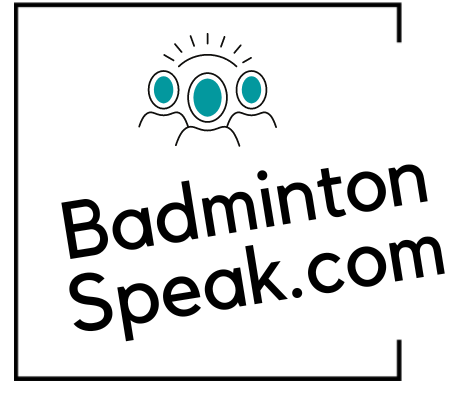
Is it a good idea for parents to coach their children in badminton?
Oliver Shepherd asked sport and performance psychologist Muhammed Deen of MD Performance Psychology. Mr. Deen is originally from the United Kingdom but currently resides in Malaysia. He has helped many badminton players with mental training over the years.
Watch the video and read the video transcript below. The transcript has been edited for clarity. Get more badminton stories
Parent coaching badminton – good or bad, what’s your advice?
Oliver from Badmintonspeak asked:
Do you advise a parent to be the main coach for a (badminton) kid who is trying to become a top athlete or an elite athlete? Or would you advise that the parent be the parent and then find external coaches to come in and help that kid, which you spoke about earlier?
You know, if the child is overweight, then you need to have that tough conversation. But is that tough conversation going to be better coming from the parent, a coach or someone else that you bring into the picture?
Sportspsychologist Muhammed Dean replied:
Watch out for the parent-child relationship; maturity is key
When the relationship (between parent and child) is deteriorating, conversations are not being held, trust is lost, and feelings of Oppression and suppression appear. Those are the most obvious signs with parent coaching badminton and it isn’t working out.
So once a child starts ignoring their parents, or parents ignore their child or they’re not friendly with each other, that’s a clear sign that something is going wrong or about to go wrong.
(if this problem arises) It needs to be recognized immediately, okay, and by immediately I don’t mean quickly. I just mean at the first instance. Don’t let it get to a second, third, and fourth stage. Just deal with it either then or as the next thing on your agenda. But it must be dealt it. But again if there is a sufficient level of maturity and there is enough regulation or self-regulation and both parent and child are of reasonable health both mentally and physically, or whatever, then it will go just fine. If not, it will get worse.
So there are loads of great parent-child coaching examples, you know.
If you look at the Popovs (a badminton family from France), you know, I’ve seen them on the BWF World Tour.
I’ve seen their father in the halls. Yeah, it’s hard to comment from the outside in, but they look like a very tight family and that’s lovely to see. It is wonderful to see. And the boys look like they’re best friends, truly best friends, and they’ve spoken about this (relationship) openly and honestly as well on podcasts and the like, but they look like they have a very good system.
They know what Daddy Popov expects and he knows how to curse (!) his children. They have a similar approach in mentality, or at least they buy into the same idea and that’s all that’s needed.
The father is well respected around the world and is an amazing human and an amazing coach. I guess that’s where this element of a great athlete and great person comes into play. Because I’ve heard performance directors at other institutes talking about how we don’t need to turn young people into great people, but just to become great athletes.
I was like no no no no no no no no no! We’re in a helping profession and when you’re surrounding a young child who’s in sport or a young teenager involved in sport, your primary goal should be for positive Youth Development so that the kid can become a great individual and, subsequently, become a great athlete.
Because if they can do that, they’re going to surpass those, that are merely great athletes, by light years.
And that’s the case. Someone like Khabib (a former Russian mixed martial art professional) is a great example of that. He is an absolutely great human and his whole crew is a great example of that.
So I’m struggling to think of many more instances of coaching family members. I’m thinking of Raphael Nadal yeah. I’m not sure how long that lasted because they seemed to make it work for the most part of Nadal’s career. He used to warm him up so again it comes down to the maturity level.
I feel that the parents need to really take ownership here. Because they’re the leaders in the role models so if if the young athlete has a bad maturity and it’s got to look at themselves what’s going on here
Oliver Shepherd comments: yes I also think that if I’m a parent coaching my kid there’s an element of ego in that. Right now I’m the coach here I’m the one that’s going to help them become great which means you turn down opportunities for your kid to be coached by someone else who may be even better than you.
Muhammed Deen replies: Yeah that could be the case if it comes down to the child. A lot of parents, you know, they’re happy to stand back and say you know what I’ll just watch (the child play). Even Messi (Argentinian football star) doesn’t coach his kids in football.
But you know he’s happy to just watch the games and let the coaches do their job. That’s the kind of way that could provide a better collaboration because the child could have two parents and someone else (a coach). Why not? You know it’s just about being intentional and understanding what works best. Making decisions about parent coaching badminton, who will coach the children, and which signs to be aware of are important.
Oliver concluded: I think the development of junior players and the role of parents in that development vis-a-vis coaches is fascinating. Parents coaching badminton is surely an important topic for any parent involved with badminton.
Thank you for your sharing your expertise with Badmintonspeak.
How can parents help children be better athletes?
In this video, Muhammed Deen offers his perspective on the parental role in helping children become better athletes.
Parent coaching badminton is an important topic. Stay tuned for more similar stories from Badmintonspeak
- When will Vietnam produce more top badminton players? - August 3, 2024
- What is a shuttlecock? - June 20, 2024
- Which shuttlecock should I use? - June 18, 2024
